A kitchen of plastic bottles
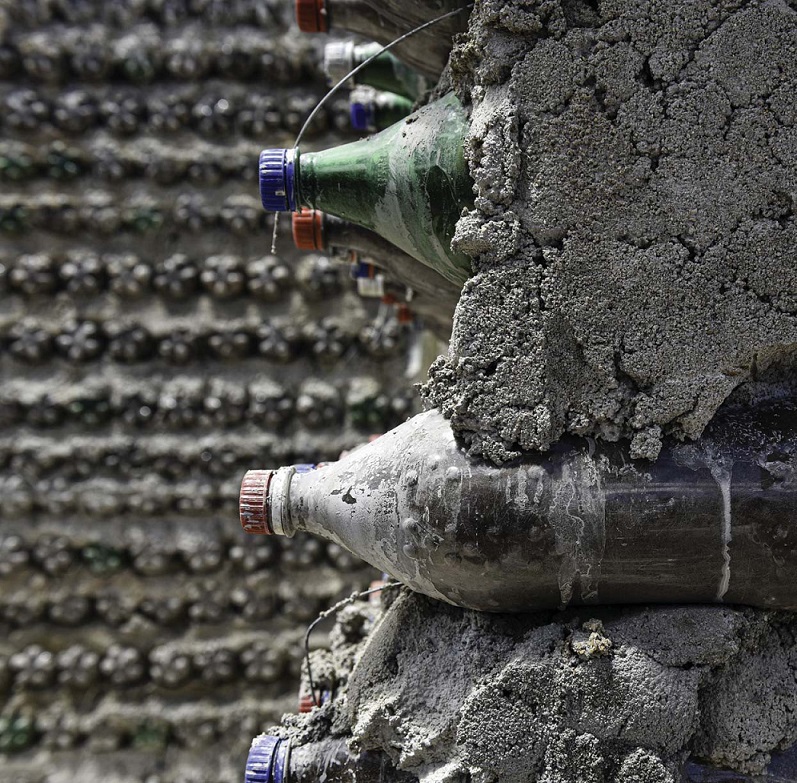
The community kitchen São Felipe de Neri was recently opened, an initiative of Aliança da Misericórdia, a Christian organisation that conducts community work in several Maputo neighbourhoods.
This kitchen is very special because it is made entirely of plastic bottles. Exactly 8900 PET bottles were needed in addition to stones, sand and roofing sheets. It was built in eight months by many people from two neighbourhoods, Hulene B and Massaca.
The kitchen was built next to the Pequenos Libombos Community School, in Massaca, Boane district. “The bioconstruction initiative sought to unite the three pillars of sustainable development – Rosana Fernandes tells us, the representative of Aliança da Misericórdia – social, economic and environmental benefits. For the foundations of the kitchen, local stones were used, collected in the village of Massaca by the community itself, and the walls were designed and built with PET bottles from the Hulene Landfill.”
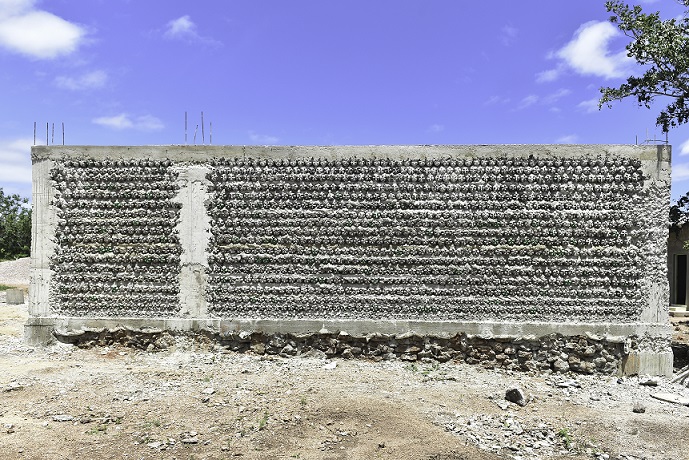
The project wanted to add value to the income generation of women waste picking PET bottles in the Hulene Landfill.
At the base of the operation, a concept so simple and so noble: to add value to the income generation of women waste pickers in the Hulene Landfill. “The price that is normally paid to them per kilo (about 19 bottles) is around 4 meticais. It is very little! – Rosana comments – we pay 2 meticais for each bottle. We guarantee payment. We are a non-profit organization and we live on donations. Sometimes we didn’t have the money to pay them, but they accepted to receive it later, because they realized the importance of the work and trusted us.”
Meanwhile, there in Massaca, there were other women and men collecting stones and sifting sand.
As bottles and stones were brought together so that the kitchen could take shape, rumors of the construction made of plastic bottles were spreading. “It almost became a tourist attraction, Rosana Fernandes comments, but I like to think that this kitchen works as a communication bridge between communities.”
With the blessing of the communities of Hulene B and Massaca, the heart of Greater Maputo is all there.
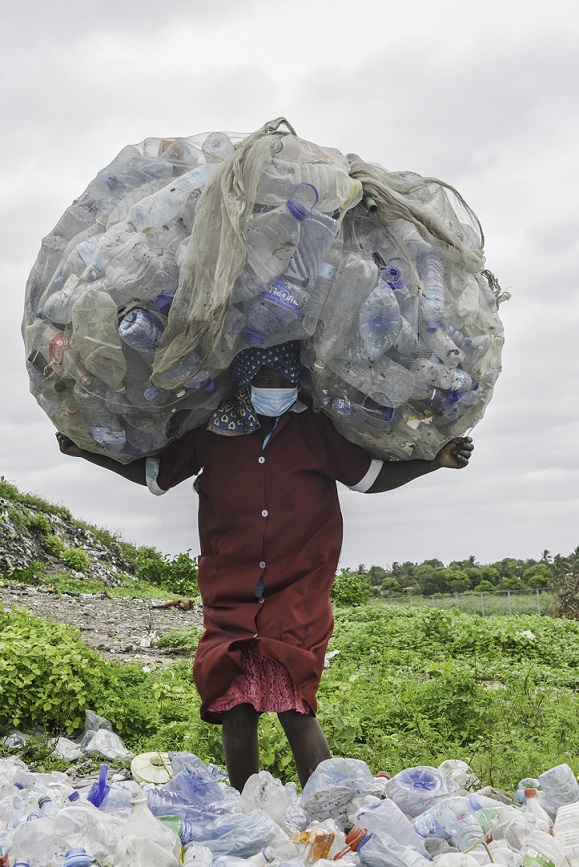
This is how other partners joined, such as the Makobo Platform, Edimade – a construction company – and Coca-Cola, which committed to the sustainability project through recycling and offered around 2,000 bottles. The total cost of the work is around 900,000 meticais.
About 700 people were directly involved in the construction. And today, soups are already being made in this kitchen for the boys of the Pequenos Libombos Community School. With the blessing of the communities of Hulene B and Massaca, the heart of Greater Maputo is all there.
Issue 68 Jul/Aug | Download.

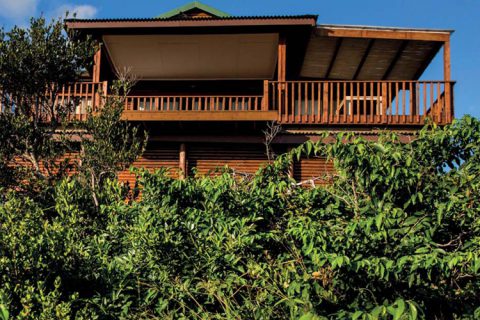

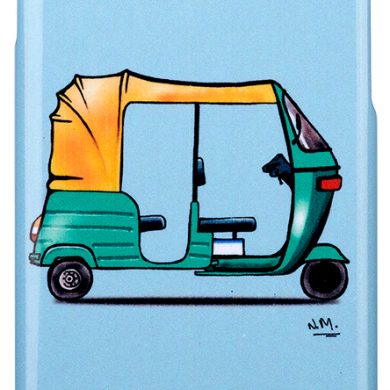
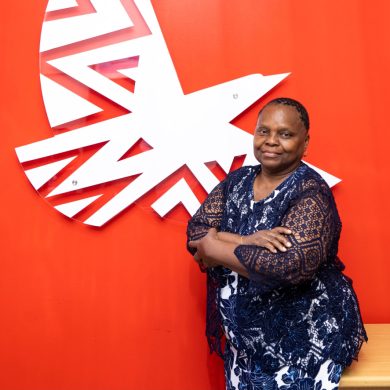


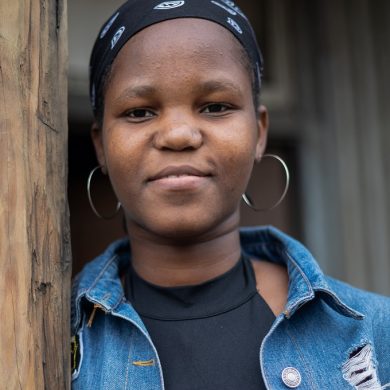
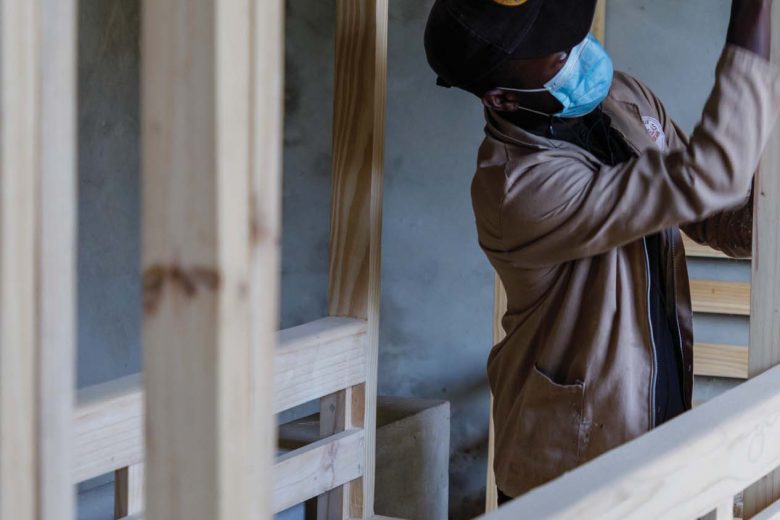
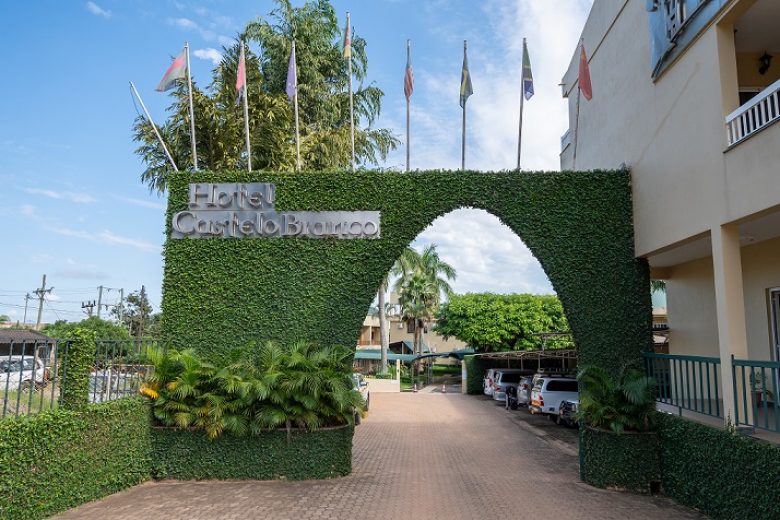








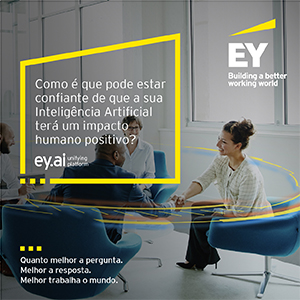

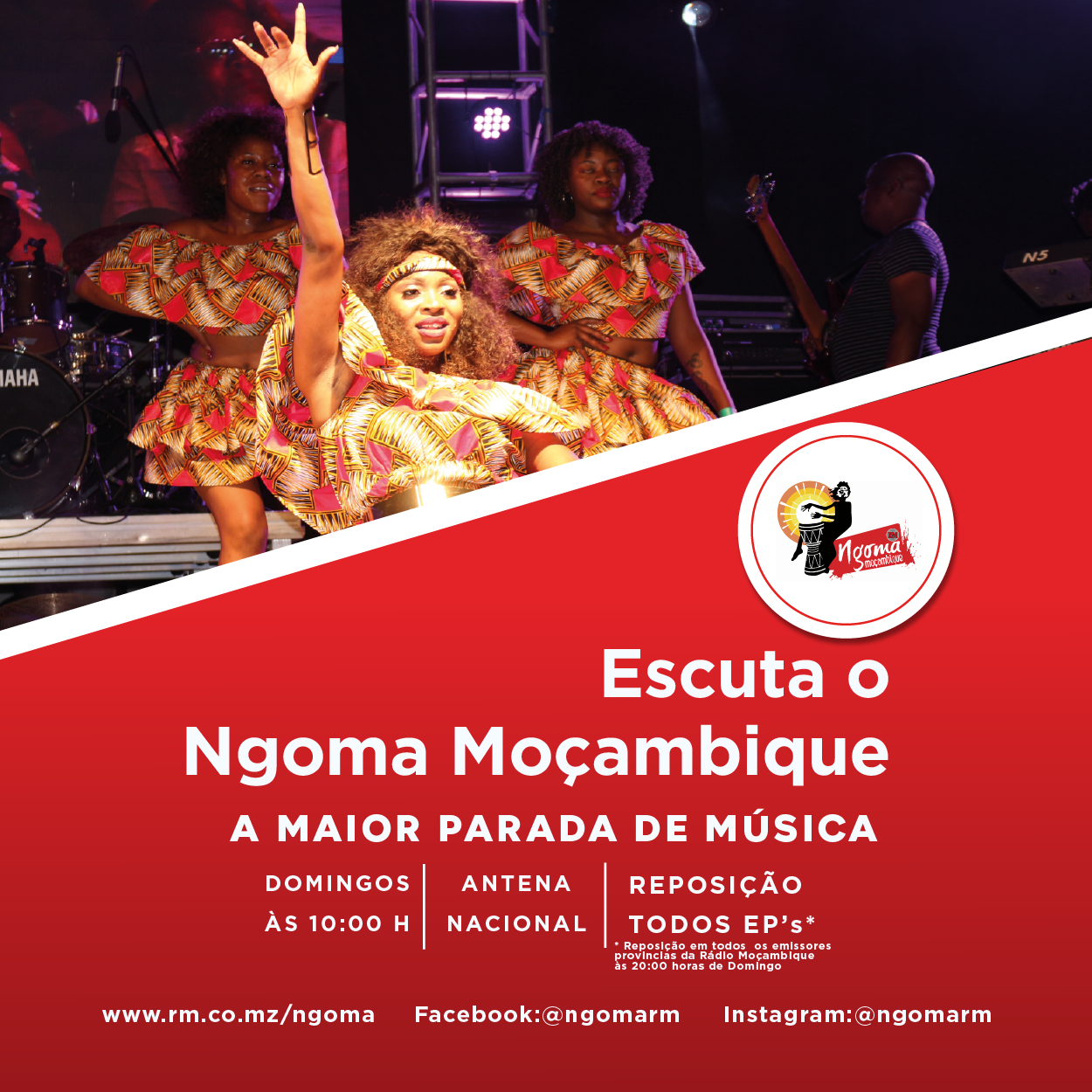
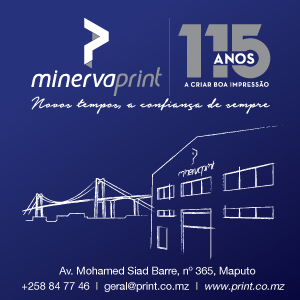





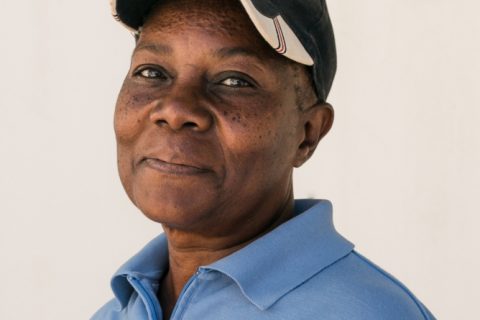
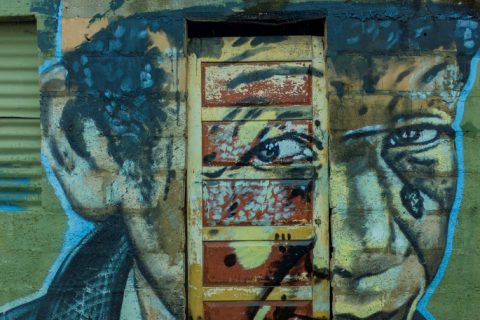


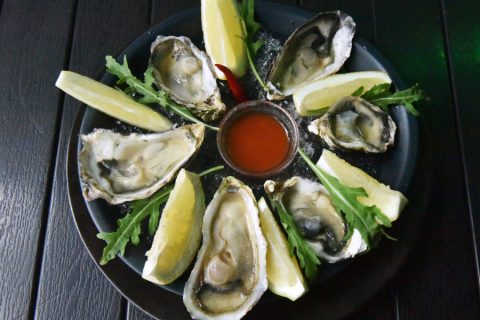
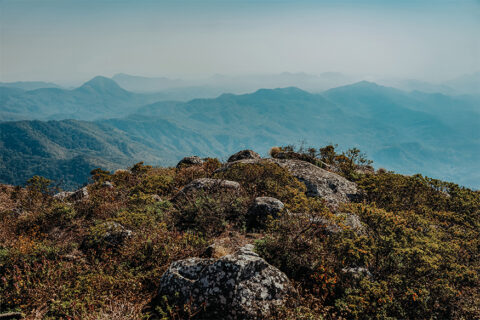


0 Comments